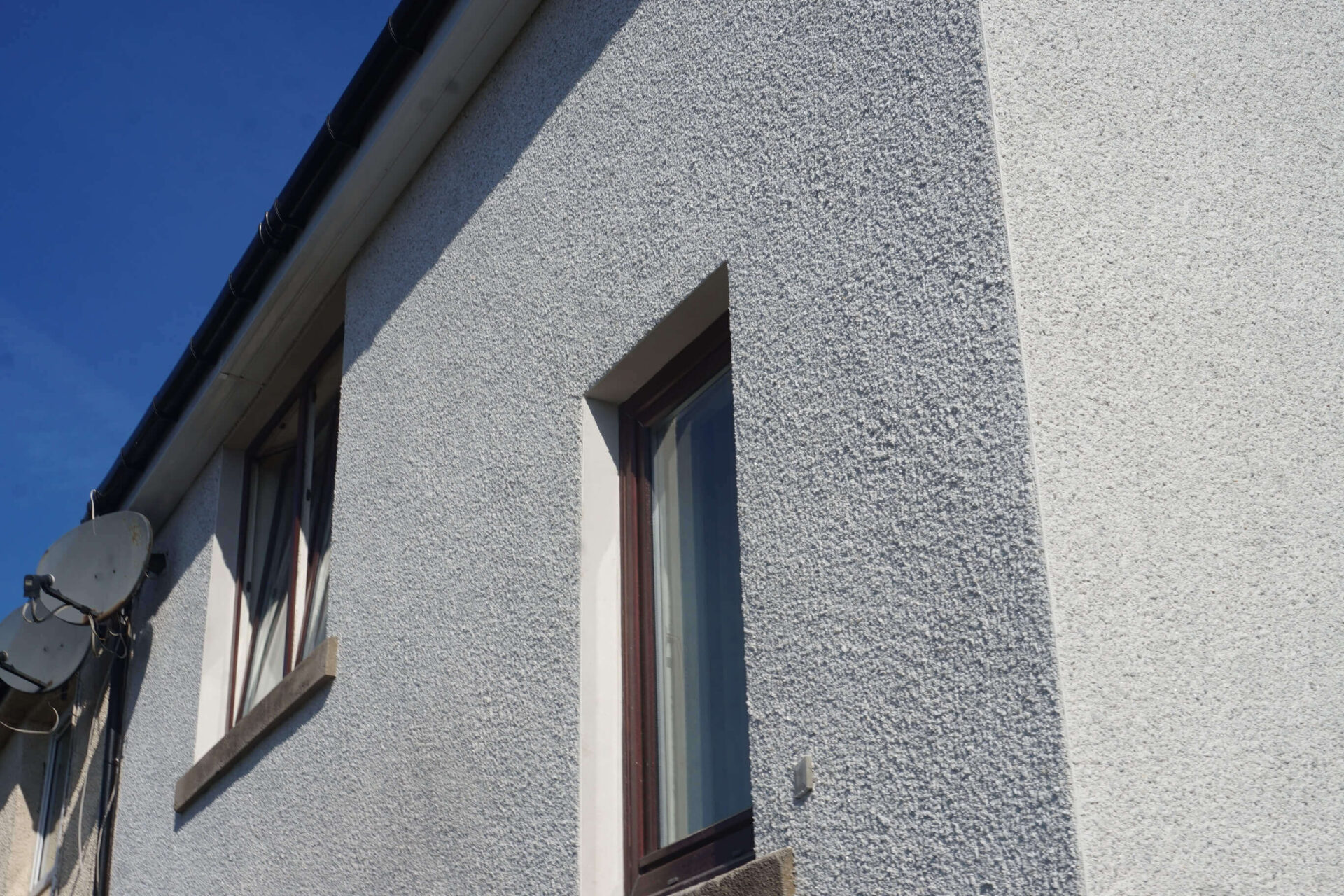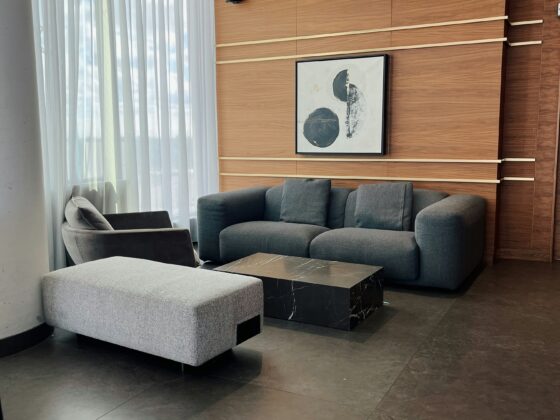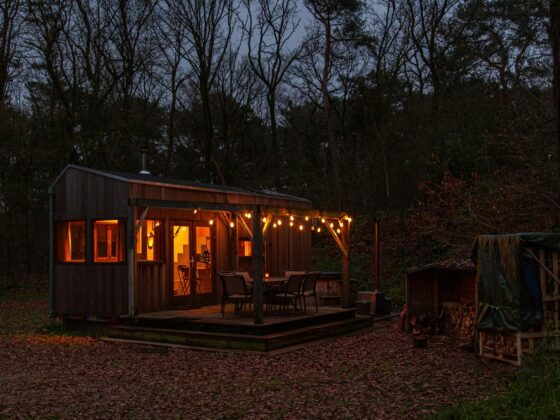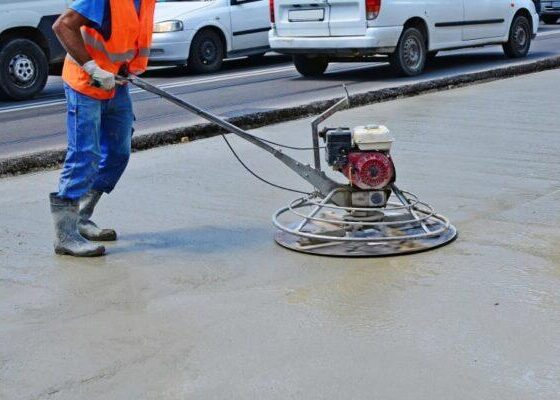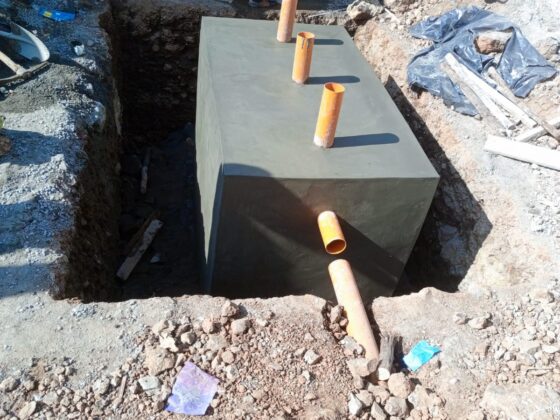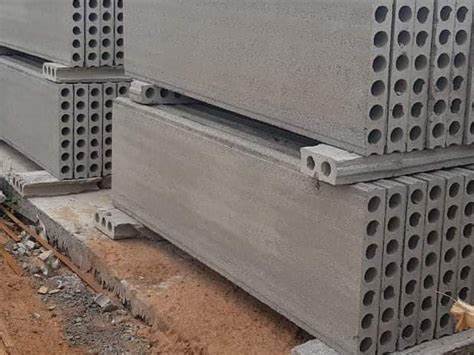Rough cast finish is a method of finishing exterior walls that involves the application of a wet mix of majorly sand and cement by spraying to create a rough exterior. It is actually considered a type of plastering. It is perfect for residential use, cottages and echoes a technique that belongs to a time gone by.

There are different types of mixes depending on what one is doing but this wet mix is the one commonly used in Kenya for the initial coat. It is not supposed to be stronger than 1: 3, Cement to sand. The slurry should have a porridge-like consistency to allow spraying. It can also be applied by dashing the material to the wall but that method of application is no longer common. The thickness can range from 3mm to 12 mm once applied on the wall.
It is not to be confused by the now common rough and tough/ textured paint/wall master wall finish which is a product of mixing paint with an aggregate of choice, mostly white pebbles. The paint is bought ready to apply. Rough cast can be considered a cheaper alternative.
Other types of commonly used renders include:
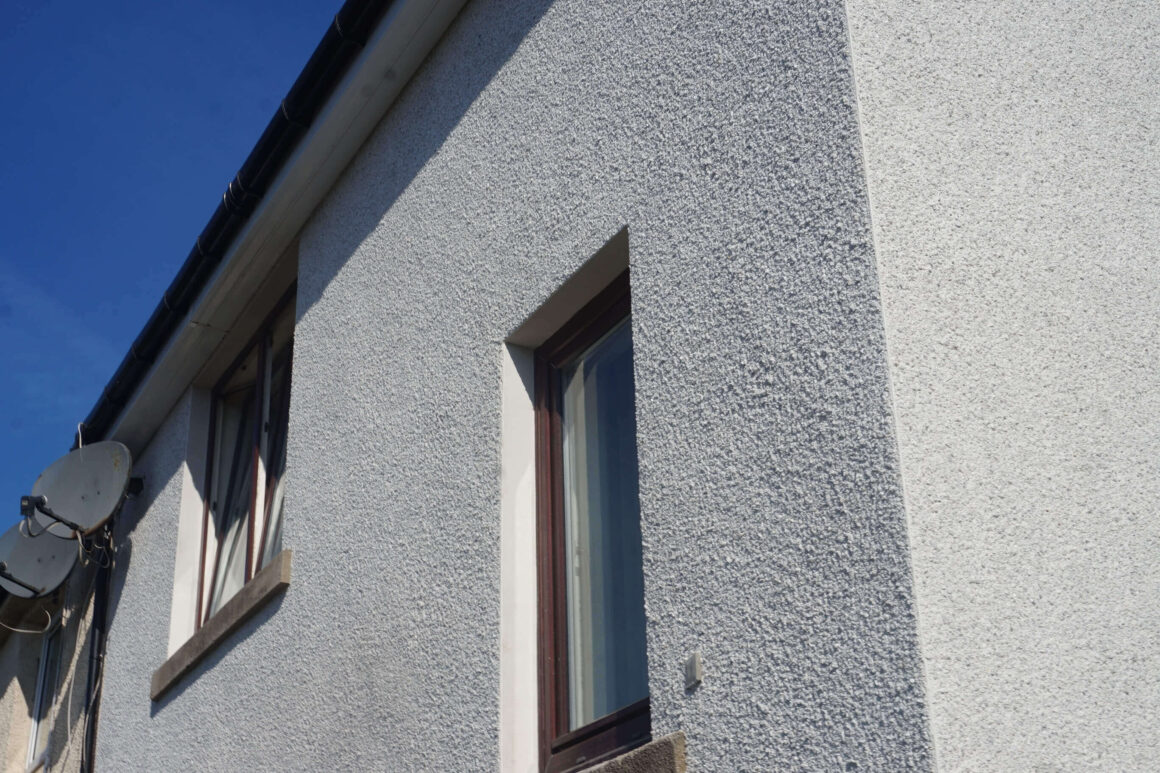
Sand faced plaster finish, pebble dash plaster finish, Scrapped plaster finish, Depeter plaster finish, textured plaster finish.
Rough cast advantages:
1.It is cheaper than the traditional plaster, both in materials and labour due to its thin coat and easy application.
2.It is possible to use locally available machines to get this finish
3.The mix can get more additives to make it waterproof when/if required.
4. It is easy to repair over time should it develop uneven patches. You can also paint over the finish to achieve different looks
5.A little quantity of the mix spreads a long way.
Roughcast disadvantages:
1.Might require repair if it chips or peels. The surface should be rough enough to allow the mortar to stick.
Rough cast machines are available locally at an affordable cost and one can buy a machine just for their project from around Ksh. 2,500 onwards.

